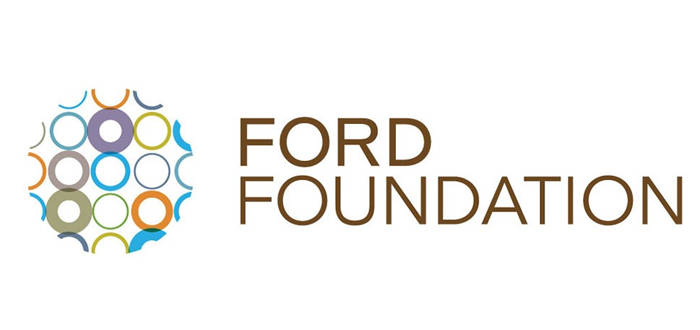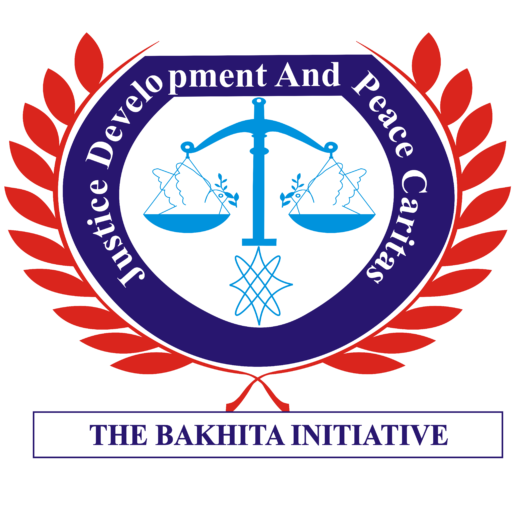
Project Title:
To Support the Development of an Ethical Framework and Religious Intervention towards Combatting Violence Against Women and Girls (VAWG) in Nigeria
Purpose:
Engage key stakeholders at the regional and national levels to design an inclusive national religious policy framework for preventing and combating gender-based violence in Nigeria
Context and Need for the Project
Sexual and gender based violence are the current issues confronting the world today. In many parts of the world, including Africa, sexual and gender based violence have both theological and cultural roots that date back to the origin of mankind. The theological root of sexual and gender based violence, for example, is rich with evidence of male dominion where women are ascribed a subordinate status. Women are exposed to all forms of abuse ranging from rape, assault and practices that undermine their dignity and sexuality. Sexual and gender based violence subjects the women to emotional and psychological tortures leading to frustrations or even death. For example, in some Nigerian societies, widwos are subjected to a number of oppressive and dehumanizing treatments. They are compelled to sleep on bare floor, wear rags, eat food from broken, unwashed plates, does not wash her body for several days or weeks, forced the widows to drink water that was used to wash the late husband’s corpse, take the oath publicly to prove their innocence of not been responsible for the husband death, loses their rights to the deceased property or male children automatically died if she refuses to take the oath or drink the water used in washing the husband’s corpse. Some of these practices are frequently excused, tolerated and sometimes justified in the communities using religious texts. With the outbreak of the COVID 19 pandemic, the incidences of sexual and gender-based violence increased in Nigeria.
According to the World Health Organisation, 35% of women globally have already experienced some form of sexual and gender-based violence in their lifetime. In Nigeria, the reported cases of rape across the country largely skyrocketed during the lockdown, leading to riots and protests by women across the country. Human rights campaigners took to the streets in Abuja, Edo and Kano states, to demand urgent action to combat rape. and sexual violence against women. A recent study commissioned by the Ministry for Women Affairs and Social Development and UNFPA asserts that “28% of Nigerian women aged 25-29 have experienced some form of physical violence since age 15.” Also, the risk of violence varied based on marital status as “44% of divorced, separated or widowed women since age 15, while 25% of married women or those living with their spouses have experienced violence.” In addition, research and data collected on the impact of COVID-19 revealed increased in the levels of violent incidents against women and girls during the lockdown. We also note that the reality of religion as both an institutional and personal heritage among the people of Nigeria puts it as an important leverage in the cause against violence on women and girls and the rights of the Girl Child. This is in consonance with the 2020 theme on the International Day of the Girl Child which is “My voice, our future.”
Religious leaders and faith-based organisations have a role to place in preventing and combating gender-based violence in Nigeria. Religious leaders have the duty of edifying the people’s culture and belief systems to discourage sexual and gender based violence in the society. Therefore, there is a need religious scholars, religionists, traditional and religious leaders to take phenomenological and non-violence approaches to eradication of sexual and gender based violence. The project is committed to developing a National Policy Framework for Preventing and Combating Gender-based Violence in Nigeria.
Duration: 2 Years
Implementing Agencies
Name; Address; Telephone Numbers; Email;
Website
- The Kukah Centre: Faith, Leadership and Public Policy
1 Luanda Crescent, American Specialist Hospital Complex
Opp. Rockview Royale Hotel
Wuse 2, FCT-Abuja
Numbers: +2349031149816
Email: atta.barkindo@kukahcentre.org; kukahcentre@gmail.com
Website: https://thekukahcentre.org/
- The Bakhita Initiative (JDPC Sokoto)
St. Bakhita Diocesan Secretariat,
2 Aliyu Jodi Road,
Sokoto – SOKOTO STATE
Office Tel: +234 705 557 4459
E-mail: jdpc@catholicdiocese-sokoto.org
Attn: Fr. Lawrence Emehel (Ex. Director)
Founded by: Ford Foundation
